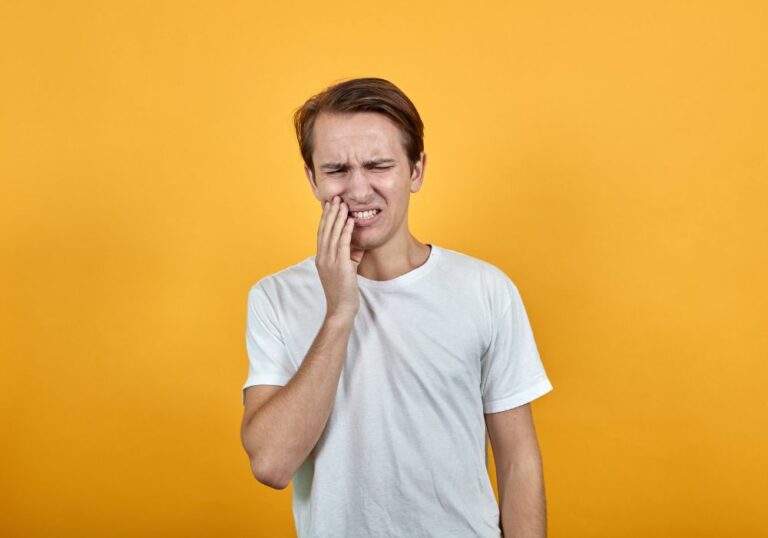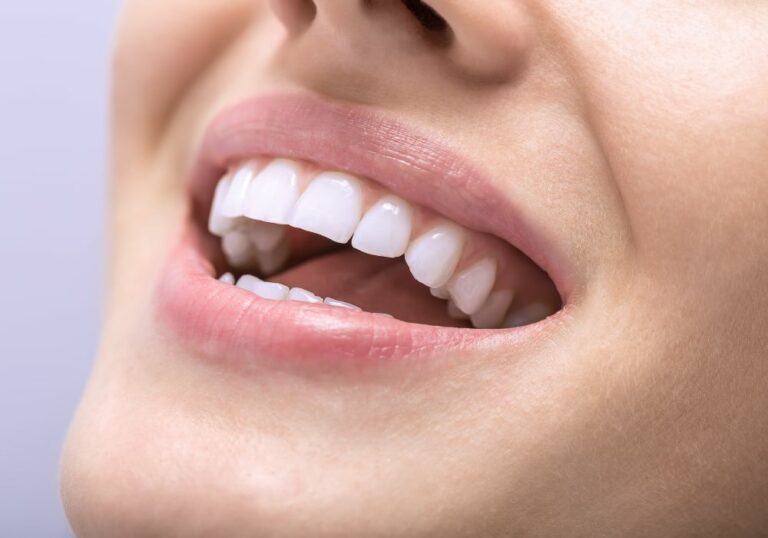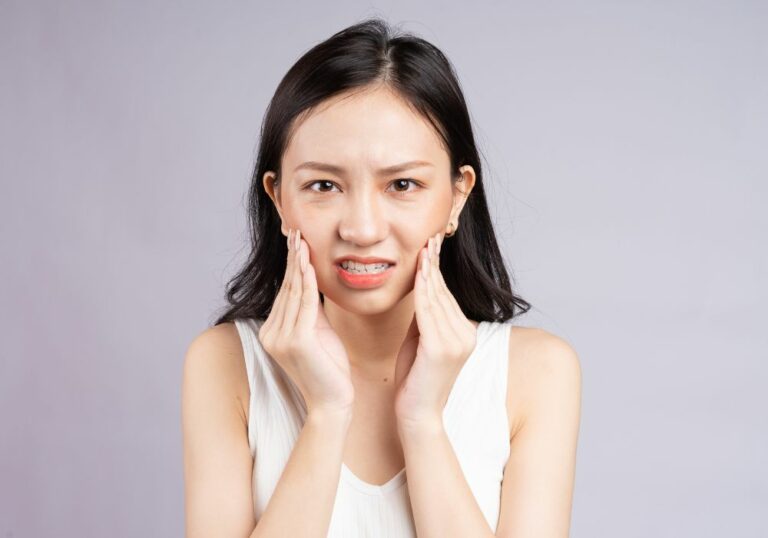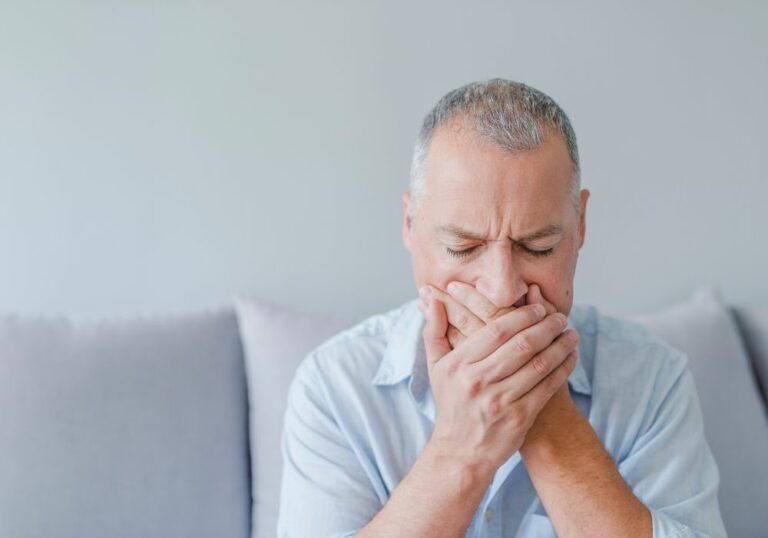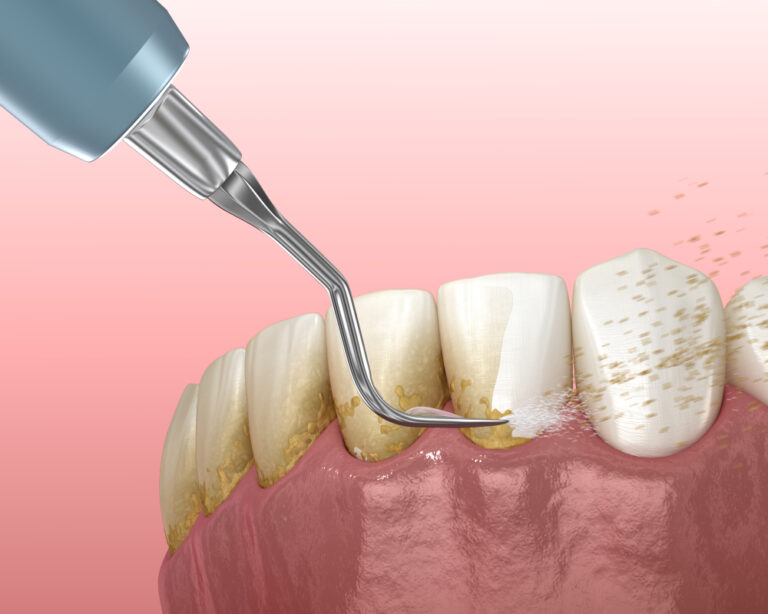Have you ever noticed that your teeth suddenly feel odd or uncomfortable, even though nothing seems to be wrong with them? This strange tooth sensation can leave you feeling bothered and confused. But what causes this weird tooth feeling, and is it anything to worry about?
What’s Going On When Teeth Feel Weird?
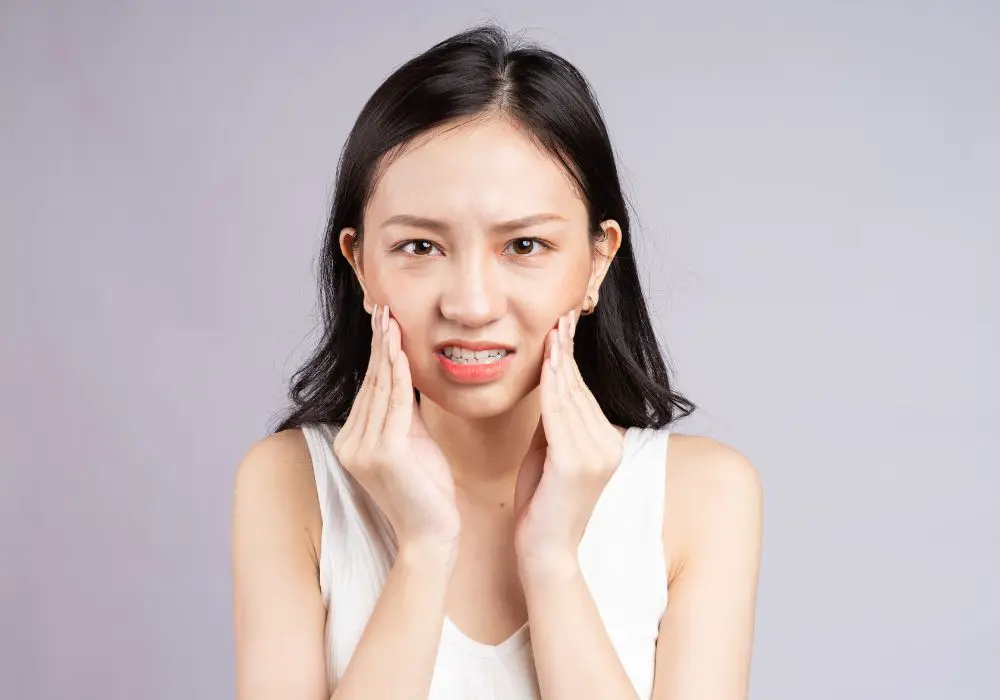
There are a few possible explanations for why your teeth may suddenly feel off:
Nerve Sensitivity
The nerves inside your teeth, called dental pulp, are highly sensitive. When the pulp becomes aggravated or inflamed, it can translate into discomfort or pain. Causes of dental pulp irritation include:
- Tooth decay – Cavities allow bacteria to invade the pulp.
- Cracked tooth – Fractures allow irritants inside the tooth.
- Dental procedure – Drilling and cleaning can inflame the pulp.
- Trauma – Injuries, grinding, or clenching can hit nerves.
- Tooth eruption – Emerging wisdom teeth put pressure on nerves.
Nerve sensitivity may feel like a slight ache or tenderness in your teeth. It may come and go.
Sinus Congestion
Your upper back teeth have roots that extend up near your sinus cavities. When your sinuses get backed up and swollen from colds or allergies, this can put pressure on those upper tooth roots. The result is teeth that feel achy or throbbing.
Sinus tooth pain is often worse when bending over and may radiate to your cheeks, jaw, or neck.
Changes in Temperature
Hot and cold temperatures can provoke a reaction in sensitive teeth. This is because temperature extremes drive fluid movements in the microscopic tubes inside your teeth. These fluid shifts irritate the dental pulp.
Temperature sensitivity may cause sharp pains or aching when eating or drinking hot or cold foods. The pain is often fleeting.
Teeth Grinding and Clenching
Grinding or clenching your teeth, known as bruxism, puts excessive forces on your teeth. This can strain the ligaments around your tooth roots or compress the dental pulp.
Grinding/clenching pains may feel dull and sore. They are typically worse in the morning. Other signs of bruxism include chipped or worn teeth.
Periodontal Disease
Infection and inflammation in the gums and bone supporting your teeth is called periodontitis. As the tissues become inflamed, they can put pressure on your tooth roots. This activates pain signals from the dental pulp.
Periodontal pain feels like a dull, constant ache and throbbing. It’s commonly worse when eating or when teeth are touched. Other periodontal disease symptoms include swollen gums, bad breath, and loose teeth.
When to See a Dentist

In most cases, weird tooth sensations resolve on their own or aren’t anything serious. However, it’s a good idea to see your dentist if you experience:
- Unexplained toothaches that last more than 1-2 days
- Tooth pain that disrupts sleep or daily life
- Tooth sensitivity to hot/cold foods that lingers after the stimulus is removed
- Tooth pain accompanied by gum swelling, bleeding, or foul tastes
Dental x-rays and an exam can help determine if sensitivities are due to cavities, cracked teeth, or other problems needing treatment. If tooth issues are ruled out, your dentist may refer you to a physician to evaluate sinus trouble or bruxism.
Tips for Soothing Weird Tooth Sensations
Here are some self-care tips to help ease odd tooth feelings until you can see a dentist:
- Rinse with warm salt water – Soothes inflamed nerves and gums.
- Use desensitizing toothpaste – Contains compounds to calm nerve activity.
- Avoid acidic foods/drinks – Things like citrus, vinegar, and soda can inflame pulp.
- Take OTC pain relievers – Ibuprofen or acetaminophen reduce toothache swelling.
- Wear a nightguard if grinding – Protects teeth from excessive wear during sleep.
- Improve oral hygiene – Reduces bacterial irritation of dental pulp.
- Avoid chewing on the sore side – Stops traumatizing already inflamed teeth.
Most of the time, strange tooth pains and sensitivities are harmless and pass quickly. But don’t hesitate to get a dental exam if discomfort persists or worsens. Prompt treatment provides the best opportunity to prevent small problems from becoming big tooth decay or gum disease issues.
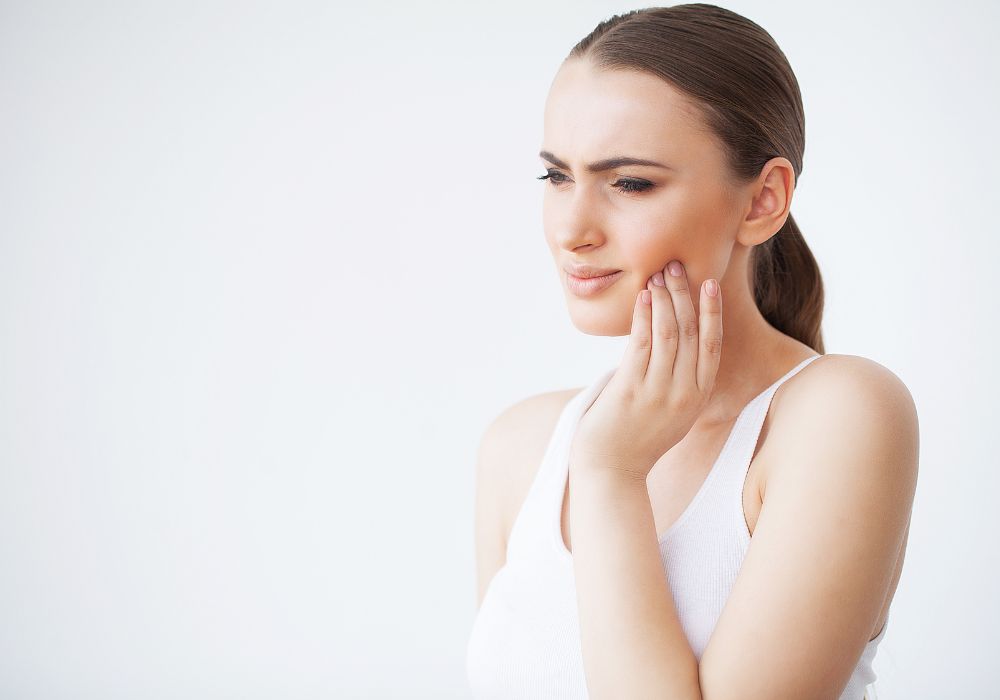
When to See the Dentist for Weird Tooth Sensations
| Symptoms | Potential Cause | Risk Factors |
|---|---|---|
| Sharp pain when eating/drinking hot or cold foods | Dental pulp inflammation, nerve irritation | Tooth decay, cracked teeth, dental procedures |
| Dull, constant ache in teeth | Periodontal disease | Poor oral hygiene, infrequent dental cleanings |
| Tooth discomfort that lingers for more than 2 days | Dental abscess, tooth infection | Untreated tooth decay |
| Tooth pain that wakes you from sleep | Dental abscess, cracked tooth, bruxism | Clenching/grinding, tooth injury |
Frequently Asked Questions
Why do my teeth hurt when I drink something cold?
Sudden tooth pain from cold drinks is usually caused by dentin sensitivity. Dentin is the layer of tissue just beneath the hard enamel coating of your teeth. When the dentin loses some protective enamel, it exposes nerve endings that react to hot and cold stimuli. Dental decay, acidic foods, aggressive brushing, and gum recession can all undermine enamel and provoke sensitivity.
What does it mean if my tooth hurts with no apparent cause?
Spontaneous toothaches with no obvious trigger often indicate issues like tooth decay, cracked teeth, or dental pulp inflammation. The pulp contains nerves and blood vessels inside each tooth. Inflammation puts pressure on these nerves, causing vague pain. Decay and fractures allow bacteria and fluids to seep in and irritate the pulp. See your dentist to determine the cause.
Can sinus problems make my teeth hurt?
Yes, sinus congestion frequently causes secondary tooth pain, especially in the upper back teeth. Your maxillary sinuses are located above the roots of your upper molars. When those sinuses swell due to colds or allergies, they put pressure on the tooth roots. This makes the upper teeth and jaw feel achy. Treating the sinus problem should relieve the tooth pain.
Why do my teeth hurt after a filling?
It’s common for teeth to remain sensitive after getting a dental filling. The filling process can cause inflammation in the dental pulp nerves. Using the drill also exposes microscopic tubules in your dentin, making teeth more reactive. However, post-filling sensitivity is usually temporary as the nerves heal. Let your dentist know if the pain persists beyond a few weeks.
Is it bad if I have no pain but my tooth feels weird?
Not necessarily. Numbness or odd nerve sensations in a tooth can result from minor pulp inflammation, sinus pressure, or aging dental tissues. Lack of acute pain indicates the problem is likely low-grade. But do mention these symptoms at your next dental visit, since they may be early signs of issues like tooth infections, nerve injuries, or gum disease.

